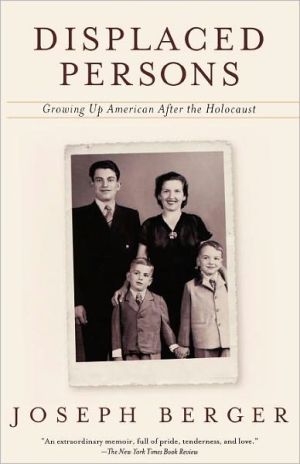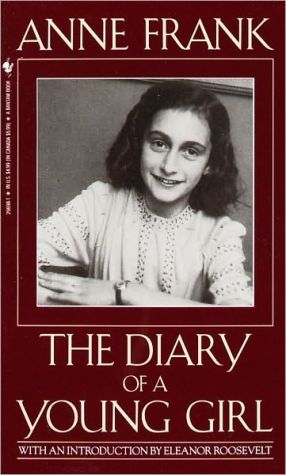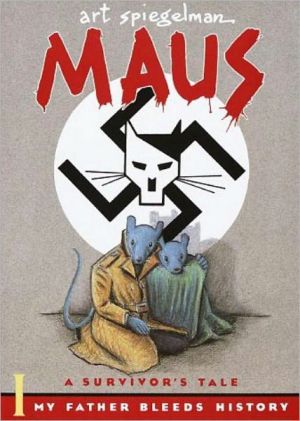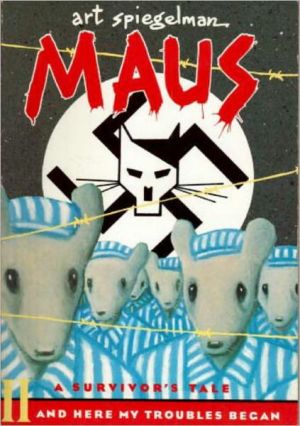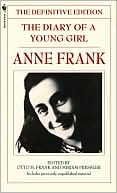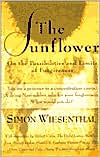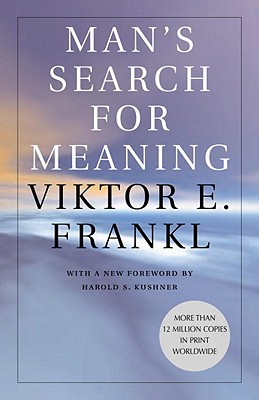Displaced Persons: Growing up American after the Holocaust
In this touching account, veteran New York Times reporter Joseph Berger describes how his own family of Polish Jews -- with one son born at the close of World War II and the other in a "displaced persons" camp outside Berlin -- managed against all odds to make a life for themselves in the utterly foreign landscape of post-World War II America. Paying eloquent homage to his parents' extraordinary courage, luck, and hard work while illuminating as never before the experience of 140,000 refugees...
Search in google:
In this touching account, veteran New York Times reporter Joseph Berger describes how his own family of Polish Jews -- with one son born at the close of World War II and the other in a "displaced persons" camp outside Berlin -- managed against all odds to make a life for themselves in the utterly foreign landscape of post-World War II America. Paying eloquent homage to his parents' extraordinary courage, luck, and hard work while illuminating as never before the experience of 140,000 refugees who came to the United States between 1947 and 1953, Joseph Berger has captured a defining moment in history in a riveting and deeply personal chronicle. New York Times - Jonathan Rosen This absorbing, deeply moving memoir artfully dramatizes how children of survivors are pulled back by a powerful undertow of sorrow toward their parents, toward the past . . .
\ Jonathan RosenThis absorbing, deeply moving memoir artfully dramatizes how children of survivors are pulled back by a powerful undertow of sorrow toward their parents, toward the past . . .\ — New York Times\ \ \ \ \ Publishers Weekly - Publisher's Weekly\ In Proustian fashion, this memoir begins with a flood of memories triggered by a seeded roll, a staple of Manhattan bakeries that was an early childhood treat for the author, who, along with his parents and brother, was a Polish-Jewish refugee living on New York's Upper West Side in the 1940s. From the smell and taste of fresh-baked bread, Berger, deputy education editor at the New York Times and author of The Young Scientists, tumbles headfirst into a tale about survival in a new country that was dangerous and mysterious as much as it was a haven of safety. Written in simple, elegant prose, the book largely focuses on Berger's parents' lives (particularly before the war). His father, whose Yiddish gave the family vital access to the city's Jewish community even though the author viewed it as "the mark of a conversational cripple," is a quiet man who could be moved to violence when necessary to protect his family. His mother conveys to her children the complex tapestry of their European heritage. Both come alive in this vivid narrative, softened by a reflective somberness that is only occasionally tinged by nostalgia. Berger frequently interrupts his own story with shorter anecdotes in the voices of his parents, who tell stories about their families and their childhoods that both enhance and illuminate the primary story. By conjuring a complexly interwoven familial history that takes the reader across the boundaries of time, Berger lays the foundation for his thoughts about the larger immigrant experience. Agent, Joel Fishman. (Apr.) Copyright 2001 Cahners Business Information.\ \ \ VOYAJournalist Berger's gracefully written memoir chronicles growing up as the child of refugees in New York City, his parents Polish Jews who survived the Holocaust. The focus is on how these displaced persons found and developed a niche for themselves in a new country and culture. Even Berger, who was born in Russia and came to the United States at the age of five with his younger brother, had to make adjustments to his new life. Incorporated into his descriptions are his mother's accounts of her life in Poland and her memory of World War II, most of which she spent in the Soviet Union. These stark and poetically written pieces contrast with Berger's mellow and reflective style and lend immediacy to his mother's experiences. The narratives also round out his mother's character as seen through Berger's eyes and recollection. Berger writes with warmth, humor, and depth of love. He pairs his childhood observations of his parents with adult insight, engaging the reader's sympathy and understanding. He successfully conveys not only the hardship but also the joy and community shared by other displaced persons, and in doing so, he turns his parents and their friends from statistics to living human beings. Black-and-white photos also add dimension to the book. Not only does this title support a history curriculum, it also tells an important story about what happened to the men, women, and children who emerged from the horror of the Holocaust. Photos. VOYA CODES:4Q 2P S A/YA (Better than most, marred only by occasional lapses;For the YA with a special interest in the subject;Senior High, defined as grades 10 to 12;Adult and Young Adult). 2001, Scribner, 356p, $26. Ages 15 to Adult.Reviewer:Donna L. Scanlon—VOYA, December 2001 (Vol. 24, No. 5)\ \ \ \ \ Library JournalIn this gripping and beautifully written memoir, New York Times reporter Berger tells the story of his family, Polish Jews and Holocaust survivors, who migrated to New York City in 1950. Having been born in Russia in 1944 and arriving in the United States at the impressionable age of five, Berger recounts with humor and pathos the tale of his own coming of age, with his parents' reminiscences as backdrop. The story of such refugees, about 140,000 of whom came to the United States between 1947 and 1953, remains a little-known aspect of Holocaust history. Berger's account is painful at times, as he recalls his own struggle to belong as both he and his parents fought to "shoehorn" their way into American life in the 1950s and early 1960s. His childhood remembrances of simple pleasures like Sunday visits to the bakery, the pleasure of new school supplies housed in cigar boxes, and the proud excitement of the arrival of the neighborhood's first TV set will bring smiles to the faces of general readers. Most touching is the celebration of family, community, and continuity so prized by these survivors. Highly recommended. [Previewed in Prepub Alert, LJ 12/00.] Marie Marmo Mullaney, Caldwell Coll., NJ Copyright 2001 Cahners Business Information.\ \ \ \ \ Kirkus ReviewsA memorable, literate work on the immigrant experience in postwar America. Born in Russia in 1944 to Polish Jews who had fled east to escape the Nazis, Berger (The Young Scientists, 1994) came with his family to New York five years later. The move was a blessing for Berger, who thereafter grew up in a cosmopolitan city full of immigrants from all over the world shedding their languages and manners to start anew. But it was a mixed blessing for his mother, who was more set in her ways and less eager to become an American. "You were foolish," she complained to her long-suffering husband. "We should have gone to Israel." Both parents labored endlessly so that Berger and his brother could have a fighting chance in their new home (and fight the boys did, he writes, in a neighborhood full of tough Irish and Italian kids). Academically gifted, Berger went on to become a writer on education and religion for the New York Times. But his true education, to gauge by this memoir, came from his mother, whose diaries he quotes and who emerges from their pages as a sensitive, thoughtful observer of the human condition; her childhood lost to a brutal war, she would fulfill her dreams only late in life, when she entered college and earned a degree. His parents had their difficulties in contending with American realities, but they endured, leaving Berger with a twofold sense of self: on one hand the American (used to high-paying jobs and a nice home) and on the other the immigrant (who "tinges all comfort with a sense of raw peril, terror of imminent poverty, and, sometimes, shame at one's foreignness"). A fine addition to the literature of the Holocaust (that "permanent tribalwound, engraved on oursouls") and a good account of recent American history.\ \
